5 start with F start with F
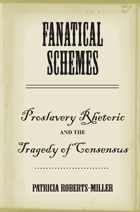
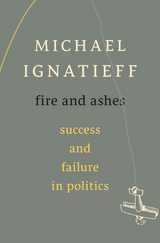
In 2005 Michael Ignatieff left his life as a writer and professor at Harvard University to enter the combative world of politics back home in Canada. By 2008, he was leader of the country’s Liberal Party and poised—should the governing Conservatives falter—to become Canada’s next Prime Minister. It never happened. Today, after a bruising electoral defeat, Ignatieff is back where he started, writing and teaching what he learned.
What did he take away from this crash course in political success and failure? Did a life of thinking about politics prepare him for the real thing? How did he handle it when his own history as a longtime expatriate became a major political issue? Are cynics right to despair about democratic politics? Are idealists right to hope? Ignatieff blends reflection and analysis to portray today’s democratic politics as ruthless, unpredictable, unforgiving, and hyper-adversarial.
Rough as it is, Ignatieff argues, democratic politics is a crucible for compromise, and many of the apparent vices of political life, from inconsistency to the fake smile, follow from the necessity of bridging differences in a pluralist society. A compelling account of modern politics as it really is, the book is also a celebration of the political life in all its wild, exuberant variety.
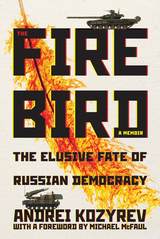
Andrei Kozyrev was foreign minister of Russia under President Boris Yeltsin from August 1991 to January 1996. During the August 1991 coup attempt against Mikhail Gorbachev, he was present when tanks moved in to seize the Russian White House, where Boris Yeltsin famously stood on a tank to address the crowd assembled. He then departed to Paris to muster international support and, if needed, to form a Russian government-in-exile. He participated in the negotiations at Brezhnev’s former hunting lodge in Belazheva, Belarus where the leaders of Russia, Ukraine, and Belarus agreed to secede from the Soviet Union and form a Commonwealth of Independent States. Kozyrev’s pro-Western orientation made him an increasingly unpopular figure in Russia as Russia’s spiraling economy and the emergence of ultra-wealthy oligarchs soured ordinary Russians on Western ideas of democracy and market capitalism.
The Firebird takes the reader into the corridors of power to provide a startling eyewitness account of the collapse of the Soviet Union, the struggle to create a democratic Russia in its place, and how the promise of a better future led to the tragic outcome that changed our world forever.
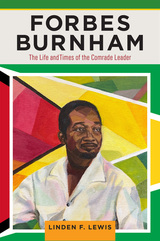
Forbes Burnham: The Life and Times of the Comrade Leader is the first political biography of this complex and influential figure. It charts how the political party he founded, the People’s National Congress, combined nationalist rhetoric, socialist policies, and Pan-Africanist philosophies. It also explores how, in a country already deeply divided between the descendants of African slaves and Indian indentured servants, Burnham consolidated political power by intensifying ethnic polarizations. Drawing from historical archives as well as new interviews with the people who knew Burnham best, sociologist Linden F. Lewis examines how his dictatorial tendencies coexisted with his progressive convictions. Forbes Burnham is a compelling study of the nature of postcolonial leadership and its pitfalls.
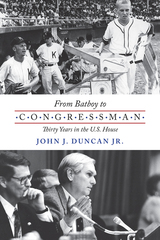
On October 10, 2002, Congressman John J. Duncan Jr. cast a vote in the U.S. House that he thought might end his political career. Going against his own party, he was one of only six House Republicans who voted against the Iraq War resolution. Constituents in his district were shocked, but over time Duncan felt his least popular vote became his most popular one—and probably the most significant in his thirty-year political career.
Congressman Duncan served as U.S. Representative for Tennessee’s Second Congressional district from 1988 to 2019. While he could have written a dense political memoir, in From Batboy to Congressman, Duncan employs a journalistic flair to provide just the right insight into a series of anecdotes from his storied life. Duncan’s family, early life, and time as a lawyer and judge all figure into the generous narrative, shared with both warmth and a self-deprecating sense of humor. He details unique experiences meeting celebrities, presidents, and sports stars; and, of course, he shares insights into the decisions that charted his Congressional career on issues such as Iraq, NAFTA, and concern for fiscal responsibility. Over his decades-long career, Duncan was known for his commitment to constituent service—even among constituents who disagreed with his views—so he offers a refreshing perspective on bipartisanship and connections across the aisle; indeed, he names conservatives, moderates, and liberals alike among his closest friends.
While this book contains timely reflections on issues of war and poverty, of leadership and the lack of it, of the proper relationship between citizens and government, its intention is to highlight moments in a singular career. “As you will read in this book,” writes Congressman Duncan, “every job gave me strange, funny, unusual stories.”
READERS
Browse our collection.
PUBLISHERS
See BiblioVault's publisher services.
STUDENT SERVICES
Files for college accessibility offices.
UChicago Accessibility Resources
home | accessibility | search | about | contact us
BiblioVault ® 2001 - 2024
The University of Chicago Press









